
Question to the EC: EU agricultural subsidies
See Francisco Guerreiro’s question to the European Commission and the written answer on EU agricultural subsidies.
Joint question by Greens/EFA MEPs Martin Häusling, Francisco Guerreiro, Sarah Wiener, Bronis Ropė, Benoît Biteau, Tilly Metz, Pär Holmgren, Anna Deparnay-Grunenberg and Molly Scott Cato.
Subject: EU agricultural subsidies
A New York Times investigation, conducted in nine EU countries during much of 2019, has uncovered a subsidy system that is deliberately opaque, grossly undermines the EU’s environmental goals and is warped by corruption and self-dealing.
The New York Times skilfully demonstrates how and why land is changing hands and how small local farmers are being displaced. Ultimately, it is only about receiving EU agricultural subsidies with mostly no binding obligations. The big beneficiaries are not concerned about the harvest or how their food is produced: they only care about receiving per-hectare subsidies. In addition, they do not manage their land in a sustainable and environmentally friendly way.
What will the Commission do to stop this practice?
Will it suggest, during the CAP negotiations, that information on ultimate beneficial owners be requested via the integrated administration and control system (IACS) and that the amount of money going to any one ultimate beneficial owner be capped? And how will it verify information on ultimate beneficial owners?
Does it believe that its proposed measures on the environment, animal welfare and the climate are robust enough to stop this practice?
Answer in writing
The direct payments of the common agricultural policy (CAP) are paid for eligible land only, i.e. land used for agricultural activity or under specific commitments. The natural or legal person who can benefit from payments is the one who enjoys the decision-making power in relation to the agricultural activities and has the capacity to respect relevant requirements.
Beneficiaries must respect requirements relating to cross compliance (statutory management requirements emerging from EU legislation (including the Nitrates Directive(1)), as well as good agricultural and environmental conditions (GAEC) as adapted by Member States) otherwise their CAP payments may be reduced. They must also exercise practices beneficial for the climate and the environment to receive the ‘greening’ payment.
The CAP is implemented in shared management. Member States must verify eligibility conditions at beneficiary level. The Commission verifies the compliance of Member States’ management and control systems and excludes non-conforming expenditure from EU financing. There is limited discretion at national level concerning decisions on the disbursement of direct payments. In the future CAP, Member States must continue to have an IACS(2), with robust controls and dissuasive penalties. Detailed rules are to be set by Member States, whereas the Commission in its supervision will focus on the compliance of Member States’ governance systems, and whether Member States can demonstrate that the expenditure incurred is matched by a corresponding reported output.
The Commission has a zero tolerance for fraud with EU funds and takes any such allegations very seriously, ensuring that necessary steps are taken. The Commission will continue to assist Member States to further improve fraud detection and avoid conflicts of interests in the EU.
Where the lawfulness of access to land is questioned, then there is an issue of the enforceability of the national law, and the judicial system of the Member States would intervene.
For the future CAP, the Commission has proposed that ambitious rules for capping payments shall apply. The Commission has also proposed a more ambitious contribution of the CAP to the environment and climate, in particular with an enhanced conditionality replacing cross-compliance as well as with new ‘eco-schemes’ under direct payments. In accordance with the new delivery model, the Commission will verify the contribution to common EU objectives based on specific needs identified by the Member States in their national plans, in particular for environment and climate. These plans will have to reflect the ambition of the European Green Deal(3).
(1) Council Directive 91/676/EEC of 12 December 1991 concerning the protection of waters against pollution caused by nitrates from agricultural sources (OJ L 375, 31.12.1991, p. 1)
(2) Integrated Administration and Control System
(3) https://ec.europa.eu/info/strategy/priorities-2019-2024/european-green-deal_en
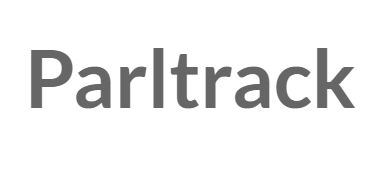
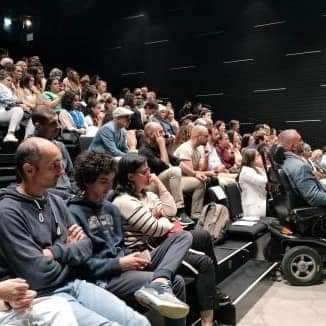

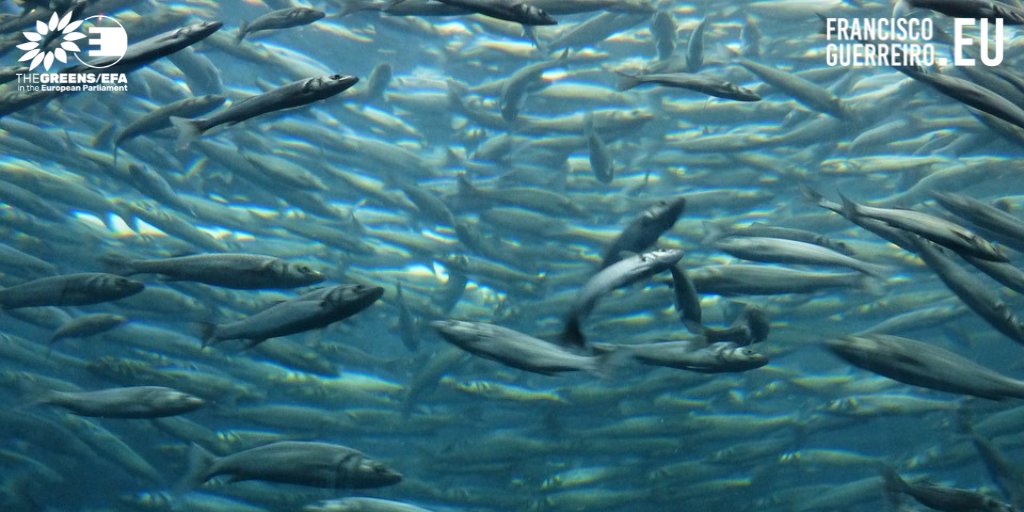




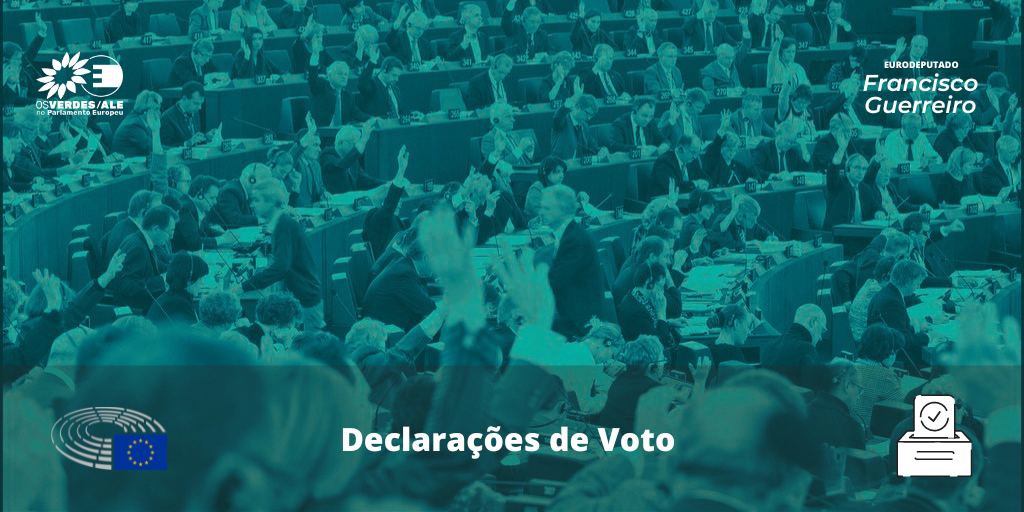
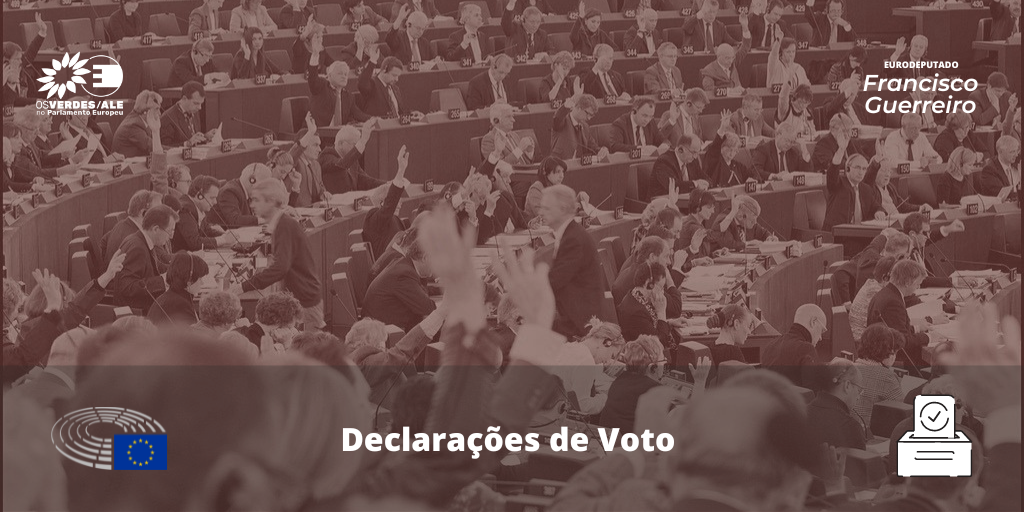
ParlTrack - Francisco Guerreiro considered one of the most productive MEPs
Monday, 01 July 2024
The analytical website ParlTrack has recorded all the parliamentary actions of MEPs during the 2019-2024 term, considering Francisco Guerreiro one of the most productive.READ MORE